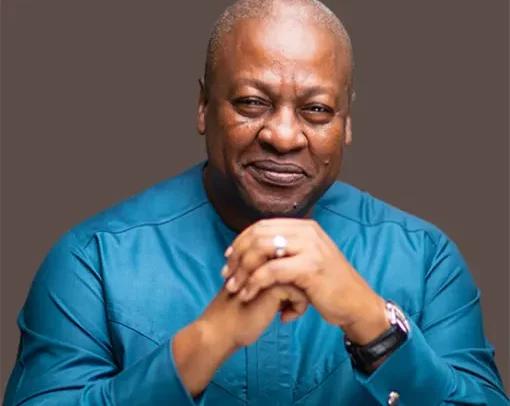
President John Mahama
Evidence, Examples, And Voices
The recent sequence of events highlights both a public interest concern and a procedural risk:
- Triggering moment: Offensive online commentary following a deadly helicopter crash generated outrage and calls for accountability.
- State response: Public threats of IP-based tracing; arrests of four TikTok creators; charges framed under offenses likely to breach public peace.
- Public conversation: Applause from those seeking order; alarm from those fearing a precedent for suppression.
Civil society, legal practitioners, and youth voices articulate the competing values at stake:
- Civil liberties perspective: “We’re not defending hate speech,” says a digital rights advocate. “We’re defending the right to speak without fear of political retribution.”
- Rule-of-law lens: “If thresholds aren’t defined, discretion becomes destiny,” notes a constitutional lawyer. “That’s risky for any multiparty democracy.”
- Youth viewpoint: “If a livestream can lead to handcuffs without a clear standard, we’ll self-censor long before we can learn,” a student journalist observes.
These perspectives converge on a single imperative: precision. Precision in law, in process, and in proportionality.
Risks of inconsistency and the cost to democratic trust
Inconsistent rhetoric and enforcement carry measurable consequences:
- Legitimacy erosion: When positions on speech vary with political status, public confidence in principled governance declines.
- Chilling effect: Vague standards incentivise self-censorship, dampening investigative journalism, satire, and robust debate—the lifeblood of democratic accountability.
- Selective enforcement: Perceived partisanship in prosecutions can convert genuine public-order concerns into political flashpoints, undermining compliance and respect for the law.
- Policy brittleness: Regulations born of acute crises often struggle to adapt to routine governance, creating volatile cycles of overreach and backlash.
In short, uncertainty breeds cynicism; cynicism breeds disengagement; disengagement weakens democratic resilience.
Guardrails For Principled Regulation
A democratic response to corrosive speech requires restraint, clarity, and accountability. Several policy guardrails can align enforcement with constitutional commitments to rebuild a democracy shaken by double standards by translating lessons into guardrails:
- Define statutory thresholds with specificity scope: Precisely define hate speech, incitement, and harassment.
Intent and harm: Require demonstrable intent and a credible risk of imminent harm for criminal liability.
- Codify proportionality and due process:
Escalation ladder: Prefer warnings, platform remedies, and civil measures before criminal charges.
Judicial oversight: Mandate independent warrants for surveillance, IP tracing, and data access.
- Insulate enforcement from partisan influence:
Independent body: Empower a nonpartisan regulator with transparent procedures and rights to appeal.
Audit trail: Require public reporting on complaints, actions taken, and outcomes.
- Strengthen civic capacity, not only coercive capacity:
Media literacy: Invest in schools, community programs, and journalist training on ethical speech.
Platform partnerships: Co-develop context-aware moderation protocols that respect local law and rights.
- Sunset and review clauses:
Time-bounded powers: Subject new authorities to periodic legislative review and impact assessment.
- Civic Education & Media Literacy: Integrate digital-responsibility curricula in schools, universities, and community centres.
- Partner with telecom operators and social platforms on context-aware moderation guides.
Call To Action: Institutions And Citizens
- Parliament: Hold hearings to clarify definitions, standards of evidence, and oversight mechanisms; legislate narrow, rights-respecting limits.
- Judiciary: Articulate clear jurisprudence on imminence, intent, and proportionality; safeguard due process in digital investigations by publishing anonymized warrant decisions to bolster transparency.
- Civil society and media: Monitor cases, publish independent oversight reports, and litigate for clarity where necessary.
- Platforms: Localize moderation practices, provide transparent appeal processes, and collaborate on non-carceral remedies.
- Citizens: Practice responsible speech; defend consistent standards—regardless of which party holds power.
This is how democracies self-correct: by aligning tools with principles, not principles with convenience.
Rebuilding Trust: A Call to Integrity
If Ghana is to preserve its democratic soul, its leaders must do more than regulate speech—they must regulate themselves. That means:
- Consistency in principle, not just in power.
- Transparent enforcement, free from partisan bias.
- Legal clarity, so citizens know where free speech ends and criminality begins.
- Civic education, to build a culture of responsible digital engagement.
The Mirror And The Mandate
The “mirror” is a useful metaphor because it implicates everyone—state and citizen alike. If today’s reflection shows a politics willing to flex standards to suit circumstance, the task is not to break the mirror but to correct the posture. The test of Ghana’s democratic maturity is whether it can confront online harm without eroding the freedoms that legitimized reform in 2001.
A durable settlement is within reach: define the harm tightly, oversee the remedy independently, and educate the public relentlessly. Let the rule be consistency, the method be transparency, and the measure be proportionality. In that light, contradictions cast shorter shadows—and the reflection brightens.
The Mirror Never Lies
President Mahama’s war on hate speech may be well-intentioned. But intention is not enough. In politics, as in life, integrity is measured not by what we say when it suits us—but by what we uphold when it costs us.
Ghanaians deserve leaders who speak with one voice, not two. Who defend principle in opposition and in office? Who understand that the real enemy of democracy is not dissent, but duplicity?
Until then, the mirror will continue to reflect what many already see: a politics of convenience, dressed in the language of justice.
Reclaiming the Mirror
As we journey forward as a nation, let us not be deceived by the shifting reflections in the political glass. Today, it may be the NDC that stands before us; tomorrow, the NPP or the CPP may take its place. Yet the mirror—symbol of power, scrutiny, and truth—remains unchanged. It does not flatter, it does not forget. It reflects not the name, but the nature of leadership.”
By Alhaji Abubakari Sidick Ahmed (PhD), Former Commissioner-NMC
Read Full Story

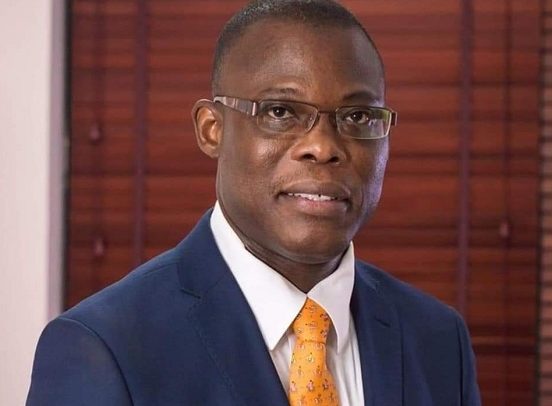


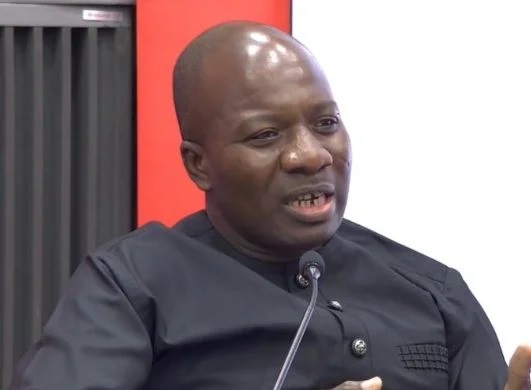
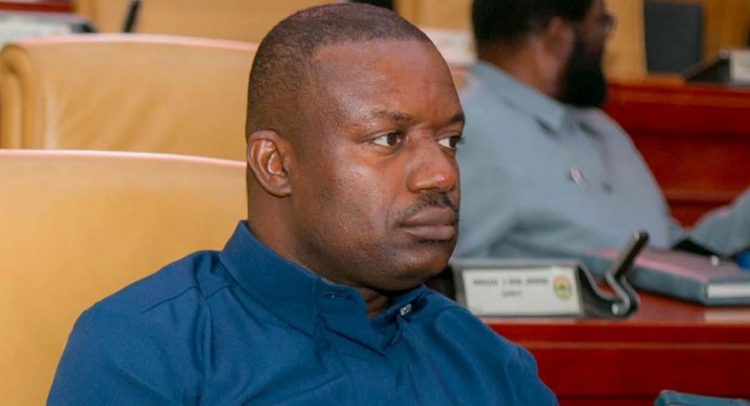
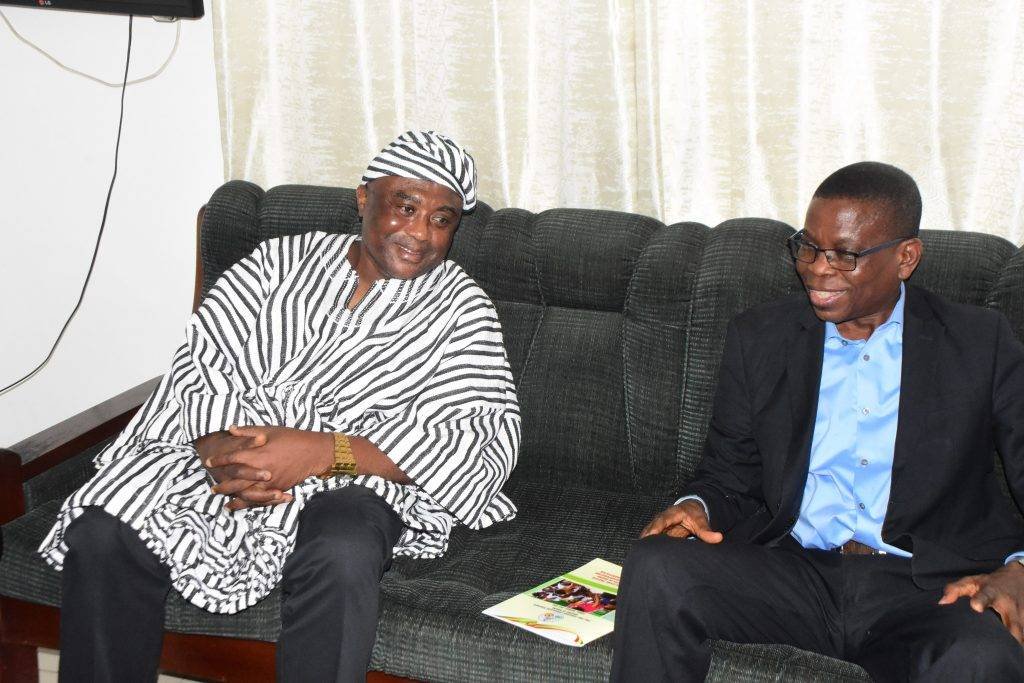















Facebook
Twitter
Pinterest
Instagram
Google+
YouTube
LinkedIn
RSS